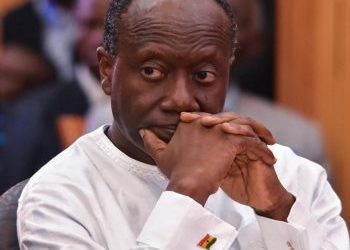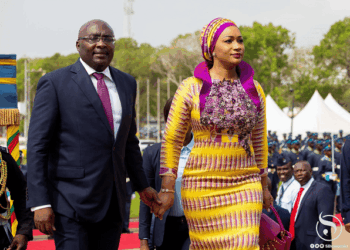Ghana’s government has announced its intention to import rice and maize as a precautionary measure against a potential food shortage, sparking widespread reactions from citizens and political commentators. The decision, revealed in a statement by the Ministry of Food and Agriculture, has drawn sharp criticism from various quarters, with many expressing concern over the country’s food security and the management of the agricultural sector.
The move comes as Ghana faces challenges in its agricultural production, particularly in the cultivation of staple crops such as rice and maize. Recent erratic weather patterns, coupled with the rising cost of agricultural inputs, have significantly impacted local farmers’ ability to produce these essential crops in sufficient quantities. According to the Ministry, these factors, along with the threat of global supply chain disruptions, necessitate the importation of these staples to prevent a food crisis in the coming months.
However, the government’s announcement has not been well received by many Ghanaians, who see it as an admission of failure in managing the country’s agricultural resources. Social media platforms have been abuzz with reactions, with the hashtag #FailedAdministration trending as citizens express their frustrations.
“This is a sign of absolute failed administration,” tweeted one user, encapsulating the sentiments of many who feel the government has not done enough to support local farmers and boost domestic production. Critics argue that the decision to import rice and maize is a short-term solution that does not address the underlying issues facing the agricultural sector.
Opposition parties have also seized on the announcement as evidence of the government’s mismanagement. In a statement, a spokesperson for the main opposition party described the move as “a clear indication that the current administration lacks the foresight and planning necessary to secure Ghana’s food sovereignty.” The opposition has called for immediate and comprehensive reforms in the agricultural sector, including increased investment in local farming and more effective support for farmers.
On the other hand, some government supporters have defended the decision, arguing that it is a necessary step to ensure that Ghanaians do not face food shortages in the coming months. They point out that the government has made significant investments in the agricultural sector, but that external factors, such as climate change, have made it challenging to achieve self-sufficiency.










Discussion about this post